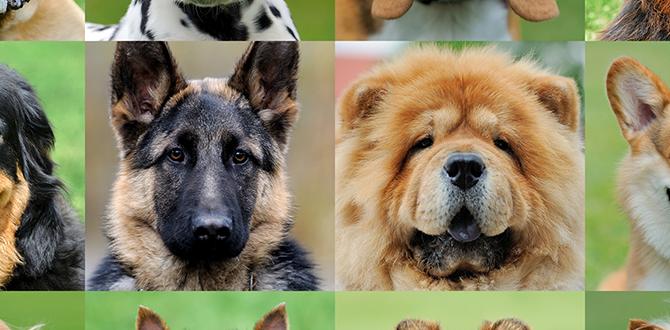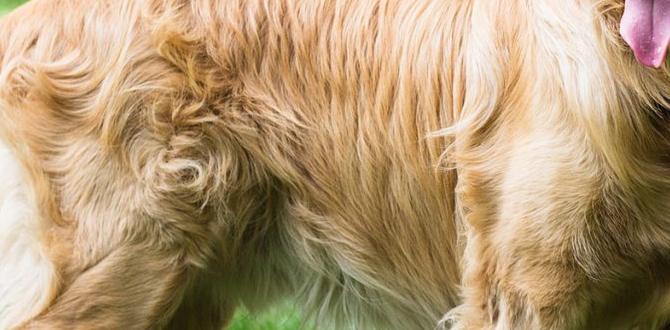Unlocking a Happier Canine Companion: Embracing Dog Behavioral Changes Naturally
Dog behavioral changes naturally are not just about obedience; they’re about nurturing a stronger bond, improving your dog’s overall well-being, and fostering a more harmonious coexistence. For many dog owners, the journey with their beloved companions can sometimes be dotted with challenges. From persistent barking and anxious separation behaviors to a lack of engagement during walks or an unwillingness to try new things, these situations can be frustrating for both pet and owner. Fortunately, the path to a happier, more well-adjusted dog often lies in understanding and implementing natural approaches to behavioral modification. These methods focus on working with your dog’s innate instincts and needs, rather than against them, leading to sustainable and truly amazing results.
The good news is that significant positive shifts in your dog’s demeanor are achievable without resorting to harsh training techniques or solely relying on medication. The secret lies in understanding the root cause of the behavior and addressing it through a holistic approach. This often involves a multi-faceted strategy that encompasses diet, exercise, mental stimulation, and positive reinforcement training. By making thoughtful adjustments to these core areas of your dog’s life, you can witness remarkable transformations that go far beyond simply correcting an undesirable action.
The Foundation of Natural Dog Behavioral Changes: Diet and Nutrition
One of the most impactful, yet often overlooked, avenues for facilitating dog behavioral changes naturally is through their diet. What you feed your dog directly influences their brain chemistry, energy levels, and overall mood. A diet rich in high-quality proteins, healthy fats, and essential vitamins and minerals provides the building blocks for a healthy nervous system. Conversely, diets filled with artificial additives, fillers, and excessive carbohydrates can contribute to hyperactivity, anxiety, and even aggression in some dogs.
Consider making the switch to a whole-food, species-appropriate diet. This might involve transitioning to commercially prepared raw or gently cooked foods, or a carefully balanced kibble that prioritizes real meat as the primary ingredient. Pay close attention to ingredients lists and avoid products with artificial colors, flavors, and preservatives. Gradual transitions are key to avoid digestive upset. Observing your dog’s energy levels, coat condition, and overall temperament after dietary adjustments can be incredibly revealing. Often, owners report a noticeable calming effect and increased focus simply by optimizing their dog’s nutrition.
Exercise: The Cornerstone of a Balanced Canine Mind
The phrase “a tired dog is a good dog” holds a significant amount of truth when it comes to dog behavioral changes naturally. Insufficient physical and mental exercise is a leading cause of a myriad of behavioral issues. Dogs are sentient beings with an innate need to expend energy, explore their surroundings, and engage their minds. A lack of adequate outlets for these drives can manifest as destructive chewing, excessive barking, restlessness, and even anxiety-related behaviors.
Regular, varied exercise is crucial. This doesn’t just mean a quick potty break around the block. Think about longer walks in diverse environments where your dog can sniff, explore, and experience new sights and sounds. Incorporate opportunities for them to run and play fetch, if they enjoy it. For more energetic breeds, activities like hiking, swimming, or even canine sports can be incredibly beneficial. Beyond physical exertion, mental stimulation is equally important. Puzzle toys, scent work games, and training sessions provide mental challenges that tire your dog’s brain, leading to a more relaxed and content demeanor.
Understanding and Implementing Positive Reinforcement
When it comes to training and shaping behavior, employing positive reinforcement is a cornerstone of achieving dog behavioral changes naturally. This approach focuses on rewarding desired behaviors, making them more likely to be repeated, rather than punishing unwanted actions. Positive reinforcement builds trust and strengthens the bond between you and your dog.
Methods involve using high-value treats, enthusiastic praise, or a favorite toy to acknowledge and reward your dog when they exhibit the behavior you want. For example, if you want to encourage calm greetings, reward your dog with a treat and praise when they approach guests without jumping. Conversely, if your dog barks excessively at the mail carrier, instead of punishing them, work on redirecting their attention to a more desirable activity or rewarding them for remaining quiet. Consistency is paramount. Everyone in the household should be on the same page regarding training methods and desired outcomes. This consistent, positive approach helps your dog understand what is expected of them without instilling fear or anxiety.
Addressing Specific Behavioral Challenges Naturally
Many common behavioral issues can be addressed effectively through natural methods. For instance, separation anxiety can often be eased by gradually increasing the time your dog spends alone, ensuring they have engaging distractions like a Kong filled with treats, and avoiding overly emotional goodbyes and hellos.
Barking can stem from various causes, including boredom, anxiety, attention-seeking, or territorial instincts. Identifying the trigger is the first step. If it’s boredom, increase exercise and mental stimulation. If it’s anxiety, work on desensitization and counter-conditioning. If the barking is for attention, simply ignore the behavior and only offer attention when your dog is quiet.
Fear and reactivity on walks can be significantly improved with careful exposure and positive association. As you encounter triggers from a distance where your dog remains calm, reward them with high-value treats. Gradually decrease the distance over time, always ensuring your dog feels safe and in control.
Embracing dog behavioral changes naturally is a journey of understanding, patience, and consistent effort. By focusing on providing a nutritious diet, ample exercise, enriching mental stimulation, and employing positive reinforcement training, you are not just correcting behaviors; you are fostering a deeper connection with your canine companion and unlocking their true potential for a happy, balanced life. The amazing results you’ll witness are a testament to the power of working in harmony with your dog’s natural needs and instincts.
Meet Elyse Colburn, the devoted canine companion and storyteller behind the enchanting world of “Tales, Tails, and Adventures Unleashed.” A passionate dog enthusiast with a heart full of paw prints, Elyse Colburn shares heartwarming tales and insightful adventures, celebrating the joy, loyalty, and endless antics that make every dog a true hero. Join Elyse Colburn on this tail-wagging journey, where every post is a love letter to our four-legged friends.







